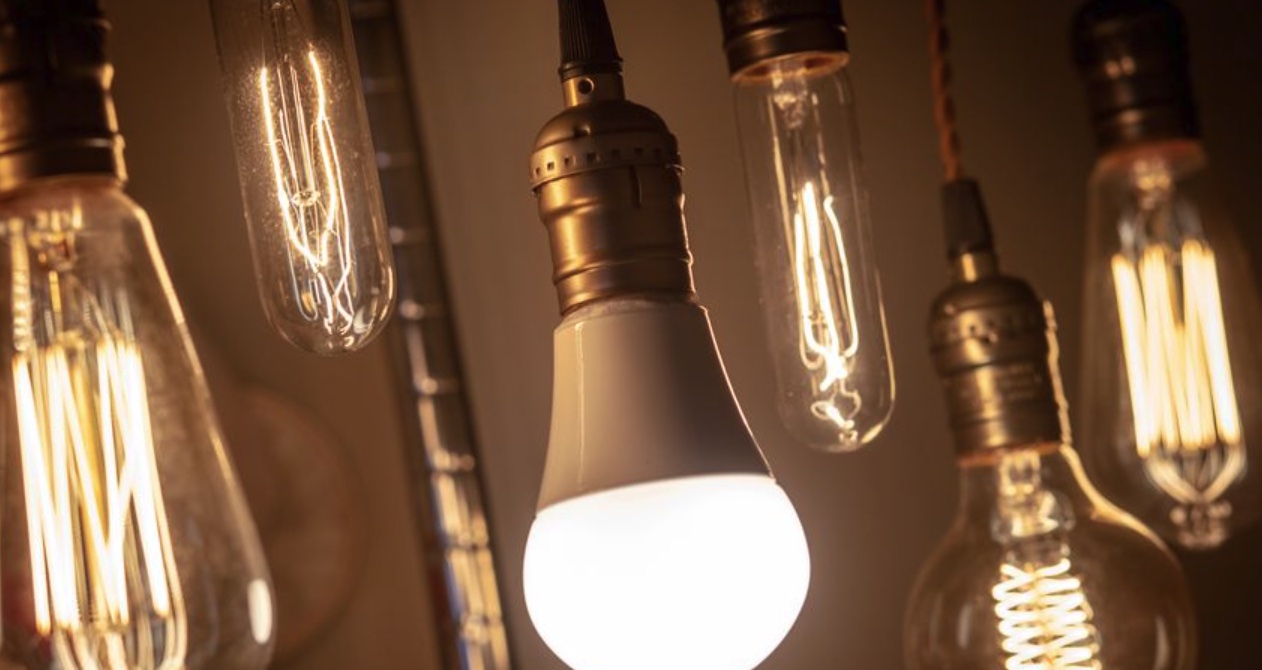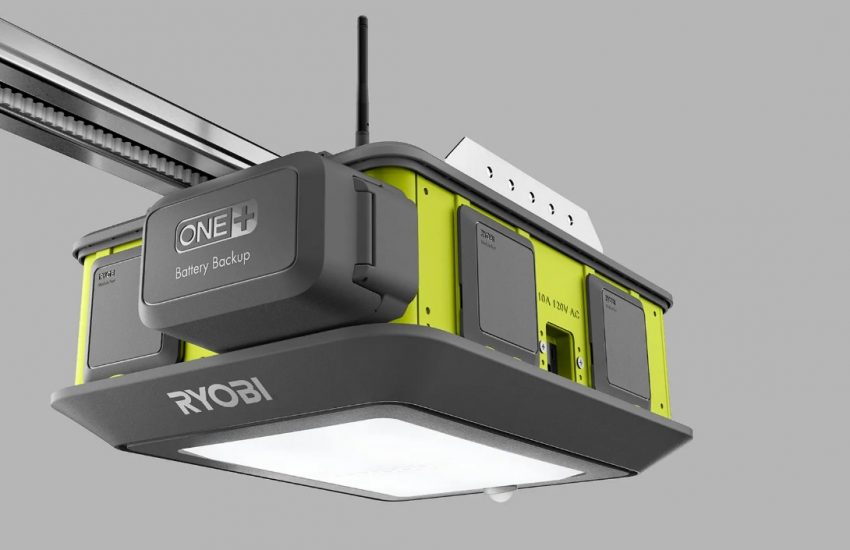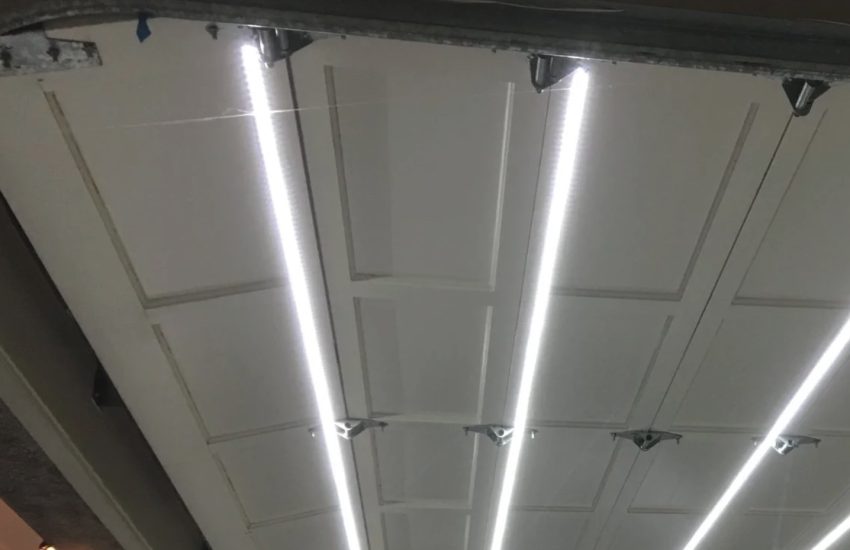How Do I Stop My LED Lights from Buzzing?
LED lights are energy-efficient and long-lasting. Therefore, people prefer them over incandescent and CFLs. One of the major reasons people prefer them is dimming lights. However, this feature comes with its fair share of issues.
Most LED lights produce noises such as buzzing, humming, whistling, and beeping, which can be annoying. Are your LED lights making high-pitched noise? Does it get into your nerves? Just relax; this article will guide you on fixing the annoying noises of your LED lights.
Why Are My LED Lights Buzzing and Humming?
LED lights shouldn’t make any noise as they lack a filament or the firing arc; thus, no moving elements cause the humming. Therefore, if your lights are humming, it means there is a problem.
The humming may result if the lights suffer from the electromagnetic interference caused by incorrect dimming or EM interference from other devices. For instance, if your lights hum, check if the microwave is on as this causes the interference.
If the LED light buzz when dimmed, this is easy to fix. The problem is a result of using an incompatible dimmer. So, to solve the issue, use the appropriate dimmer for the longer lifespan of your light and eliminate the buzzing noise.
Another reason for LED buzzing is using overloaded circuits. If you use a high-powered appliance in the same circuit with an LED bulb, they will buzz. An overloaded circuit prevents the bulb from having enough voltage as other appliances take substantial amounts.
The third reason is faulty electrical wirings. Your electrical wirings may be terminated somewhere, causing the bulb to produce noise. To confirm the issue, you can try replacing the LED bulb with a new one and check if the buzzing continues.
Other reasons that cause the LED buzzing and humming include:
- Faulty circuit breaker– a circuit breaker protects your electrical circuits from excess electrical currents and short circuits. So, if the circuit breaker is unfunctional, the excess current may flow into the LED, causing the noise. The bulbs may also get short circuit and blow.
- Loose bulb sockets – with loose sockets, the bulb fails to contact the socket resulting in disrupted electrical currents reaching the bulb.
- Defective LED bulb– you may have purchased a damaged bulb, especially if it’s of a low-quality brand.
- Inappropriate Dimmer – Using a dimmer that isn’t specifically designed to work with LED lights can make them buzz, blink and even blow up if the problem isn’t remedied. If you had dimmers fro incandescent bulbs, chances are they will bot work with your LED bulbs
LED Lights Buzzing no Dimmer
Bulbs can still buzz even without a dimmer, and the reasons behind this include:
- Loose wiring- leads to buzzing LED lights flickering.
- Incompatible model – if you purchase a bulb different from the lamp or fixture, it will cause noise.
- Overloading the circuits- using high-powered appliances simultaneously in the same circuit with LED will make the bulb buzz.
- Damaged bulb – if your bulb continuously has a little humming noise, then the problem is your bulb.
How Do I Stop My LED Lights from Buzzing?
To control the LED buzzing noise, you should carry out the following:
- First, check your bulb’s condition- though it’s rare to have a faulty bulb since they are the most durable, it’s best to confirm if the bulb has a problem. Next, turn off the dimmer switch, remove the buzzing bulb, and replace it with a similar bulb. If the buzzing continues, the issue may not be from the bulb.
- Check for overloaded circuits- if having appliances in one circuit, turn them off. Observe if the problem persists even with other devices off. Avoid using high-powered devices in the same circuit to correct the blinking and buzzing LED lights.
- For faulty circuit breakers and electrical wirings, call an electrical technician to correct the problem for you. The technician will know how to fix the circuits and tighten up loose wires.
- Incompatible dimmer switches – check the ratings on your bulb and install the correct dimmer switch to avoid the noise.
- Correct the faulty dimmer switches by replacing the old ones.
- Ensure your bulbs hook up properly in their sockets to prevent disruption of electrical currents.
Other remedies you can consider to eliminate the buzzing sound are:
- Purchase a Lutron Low Voltage Dimmer– it’s a bit expensive but worth the price.
- Smart LED bulbs like Philips Hue are a complete solution for dimmable light.
Why do LED Lights Buzz When Dimmed?
Dimmers work by chopping up the electrical current and sending it to the bulb in short bursts. The time for sending each current burst to the bulb determines how much the light will dim. When the LED bulb receives the pulsating current, it starts vibrating, flickering, or humming.
Another reason the bulb will still buzz with a dimmer is using an old dimmer. Unfortunately, old dimmers are ideal for incandescent bulbs and not LED. So, it’s best to match the LED bulb with a compatible dimmer to solve the problem.
Are Buzzing LED lights Dangerous?
The buzzing noise can be dangerous depending on the factor causing the noise. If, for instance, the noise is from a defective bulb, there is no cause for worry and replacing the bulb solves the issue.
However, if the buzzing results from a loose wiring or faulty circuit breaker, this can be risky. Loose wiring can cause electrical arcing, which may soon lead to sparks o or, even worst, cause an electrical fire.
However, if the buzzing isn’t from a short circuit, the buzzing LED isn’t dangerous. Instead, the issue becomes a source of disturbance, especially if the problem is persistent. Constant exposure to such low-frequency sounds can cause stress and affect concentration, especially at the workplace.
Conclusion
Humming noises of the bulb can be annoying, and sometimes you can’t stand them. However, several reasons make lights buzz when turned on, and some are very easy to fix, as explained above.
Check this too: Upgrading Your Garage Lights to LEDs: The Definitive Guide
Therefore, you should examine the factors leading to the noise and fix it. For instance, if the bulb is defective, you should replace it with a new one. Also, be sure to purchase quality LED compatible bulb dimmers, avoid overloading circuits, and you won’t have the flickering, humming, or buzzing LED.


